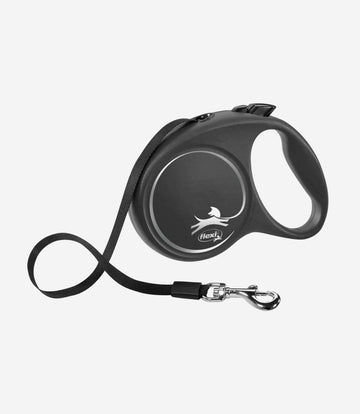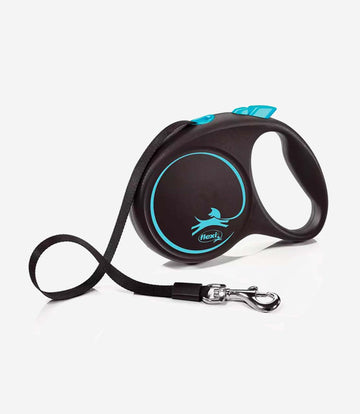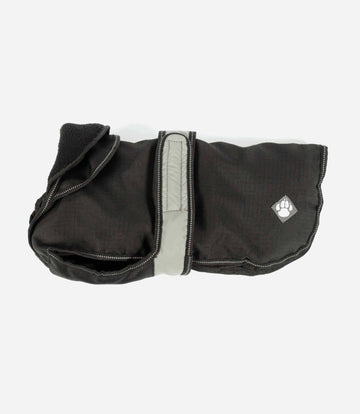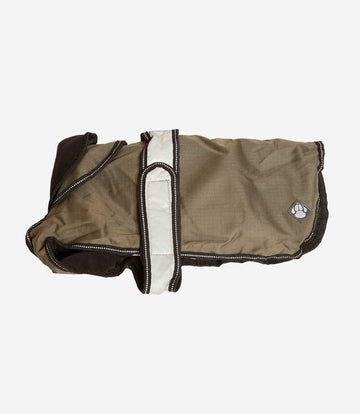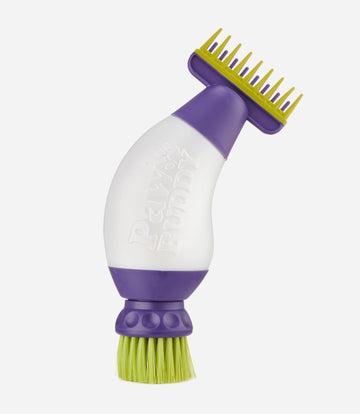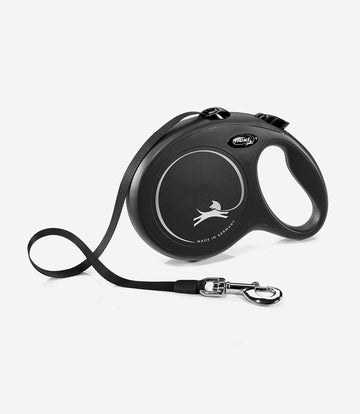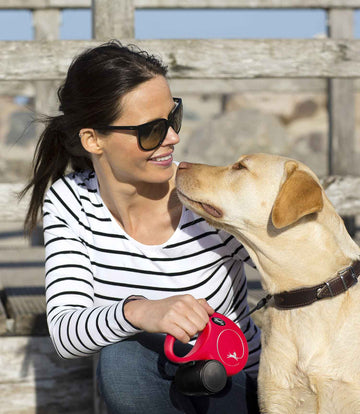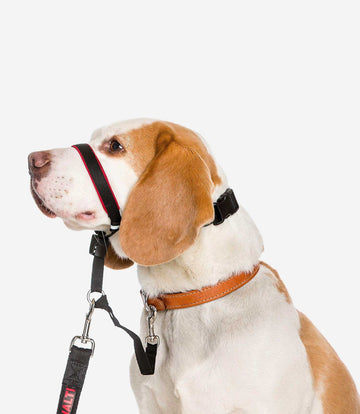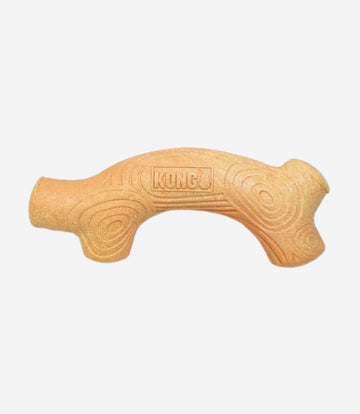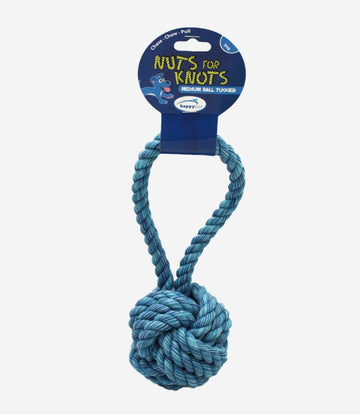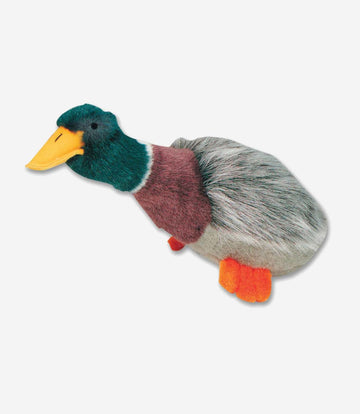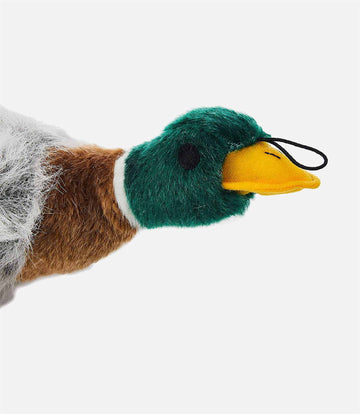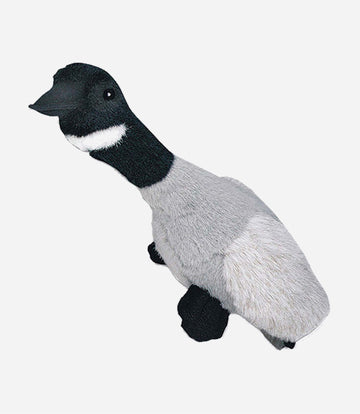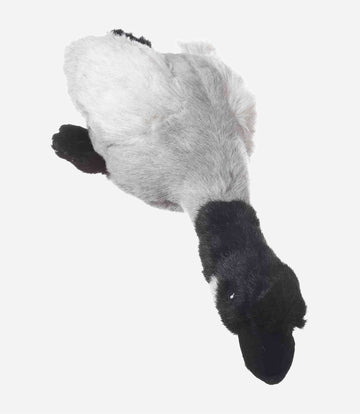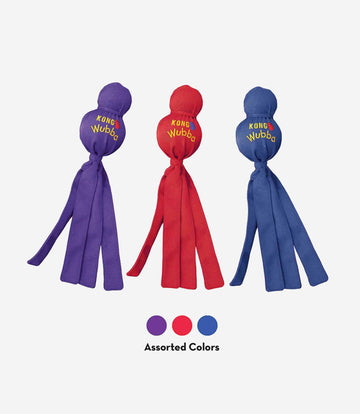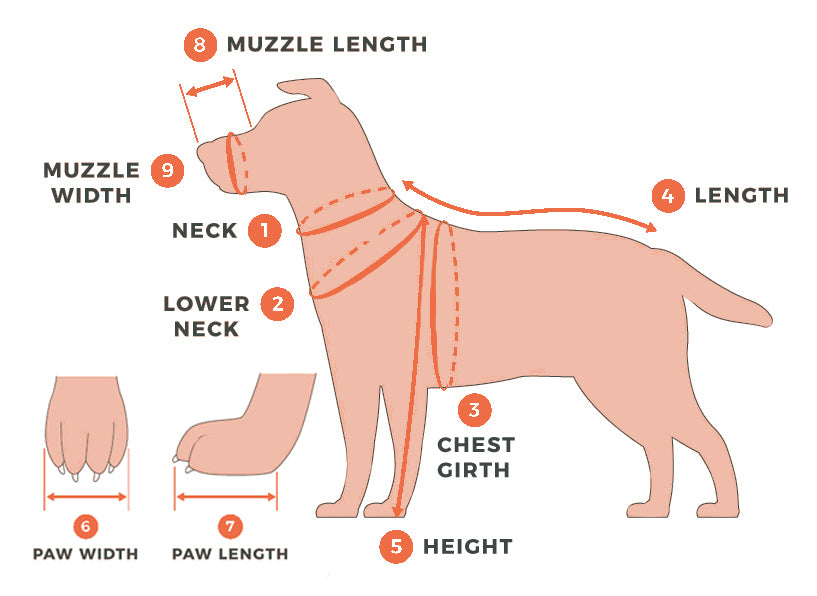When they're 7 weeks old, is it safe for pups to be separated from their mothers?
Can Puppies Leave Mother at 7 Weeks?
You've already reserved a Labrador puppy from a reputable breeder, maybe even before the mother dog was even born. You can't wait for the day you can welcome your new puppy into your life. Now you're wondering when a puppy can be left alone for the first time.
After all, your puppy will be weaned at the age of six weeks. Between the ages of 7 and 9 weeks, most pups are ready to find a new home. In this post, we'll explain why this is the case and provide you some examples. You'll learn about the different considerations you need to make in order to provide your puppy the best possible care.

Puppy rehoming suggestions from Kennel clubs:
Waiting at least eight weeks until rehoming a puppy is recommended by both the AKC and the UKKC. At the age of six weeks, some people believe puppies to be ready. The breeder needs a further two weeks to wean the puppy off of its mother's milk and get it used to eating solid food.
During the first six to eight weeks of their lives, puppies learn a great deal from both their mothers and their siblings. When we get there, we'll explain. The purchase of young pups as little as five weeks old is legal in certain countries but not in others.
Period of Socialisation:
When placing puppies with new homes, socialisation is a key factor. According to doctors and behaviorist Dr. Sally Foote, puppies socialise for six to twelve to fourteen weeks. Dogs begin to establish personalities and behaviours as they learn social norms. The AVSAB encourages exposing puppies to as many people, animals, stimuli, and events as possible without overstimulation.
The way a dog acts, its level of self-confidence, and the emotional attachments it forms are all influenced by the socialisation they get at this age. Puppies have the opportunity to bond with their owners during this period. Dogs have a tendency to get frightened or anxious when riding in cars, and they may attempt to escape the vehicle by climbing out the window or attacking other passengers.
Littermates Can Teach each Lot
Some animal behaviourists believe that between the ages of three and five weeks, pups enter an important period of socialisation that lasts for the remainder of their lives. Puppies acquire the skills necessary to socialise and play with other dogs from their mother and the other siblings of their litter as they grow up.
The input they get from their peers and mother also helps them develop basic impulse control and biting inhibition. A study has shown that pups that are taken away from their litters at an early age are more likely to have behavioural and temperament issues as adults, including being scared or aggressive; protecting their toys and food; being extremely reactive; and being more challenging for owners to teach. On the other hand, pups that spend an excessive amount of time with their littermates may begin to exhibit behaviour indicative of dominance or submission, both of which may be problematic.
Is it possible for a puppy to leave its mother at the age of seven weeks?
A puppy's ability to walk and stand begins at the age of four weeks. To assist them grow more self-sufficient, their mother begins to spend less time with them. Around four weeks old, puppies begin eating solid food, but they'll continue to sip from their mother another week or so. Their digestion is still developing, so it will take some time for them to become used to eating solids. Protect yourself from stress as well. The condition is considerably direr for pups under 2 - 4 weeks old, and your pet may die as a result.
Puppy behavior issues when separated too early:
When puppies are separated from their mothers at an inappropriate age, they have a greater risk of developing behavioural problems. In 2011, researchers performed a study in which they compared the reported behavioural difficulties of pups who were adopted out when they were four to five weeks old to those of pups that were adopted out when they were eight weeks old. A substantial rise in the incidence of the following behavioural problems was seen in pups who were removed from their litters at an earlier age.
- Damaging Behavior
- Immoderate barking
- Apprehension on walks
- Sensitivity to noises
- Overprotective about their toys
- Overprotective for their food
- Impulsive
Conclusion:
The majority of veterinarians and breeders agree somewhere between eight and ten weeks of age is the best time to introduce a new puppy into your house for the first time. The majority of puppies are ready to leave their mothers' care between of ages of seven and nine weeks. During the first six to eight weeks of their lives, puppies learn a great deal from both their mothers and their siblings. When it comes to finding new homes for pups, socialisation is one of the most important considerations. Puppies acquire the skills necessary to socialise and play with other dogs from their mom and the other siblings of their litter as they grow up. Their mother starts expend less time with them so that they may become more independent of her as they become older. When puppies are separated from their mothers at an inappropriate age, they have a greater risk of developing behavioural problems.

